

By 2025, the customer relationship management software industry could be worth $80 billion. That's a lot of cash, and for good reason. Customer relationship management systems are ubiquitous and used by companies of all sizes and from every industry. Why? For the simple reason that the efficiency and power CRM software provides has proved itself indispensable. In this article we break down 11 reasons why we think everyone should be utilizing a CRM in 2023.
So what exactly is a CRM?
Simply described, a CRM is a database that keeps information on customers. This information can include things like their contact information, purchase history, and communication logs.
CRM also help by automating mundane activities like lead management, customer service inquiries, and marketing campaigns. By streamlining and automating these everyday processes, thousands of dollars in man hours and tedious tasks can be saved.
Which types of businesses can benefit from CRM?
CRM systems, regardless of size or industry, can be advantageous to any type of business. Below are some common examples of businesses that may benefit greatly from the use of a CRM:
- Retail and e-commerce companies: CRM software allows these businesses to track customer purchases, preferences, and interactions and use this data to personalize marketing and sales efforts.
- Service-based businesses: Law firms, accounting firms, mortgage loan officers, marketing agencies and many other service based industries can use a CRM system to manage client relationships and interactions, track project progress, and streamline billing and invoicing processes.
- B2B companies: SaaS startups, Investor Relations teams, finicial organisations and others can use CRM to keep track of leads, sales pipelines, and customer accounts.
- Nonprofits: Nonprofits can use CRMs to manage donor relationships, track donations and fundraising efforts, and communicate with supporters.
- Solopreneurs and coaches: in 2023, individuals like coaches and other solopreneurs can utilise CRM to streamline many of their repetitive business processes.
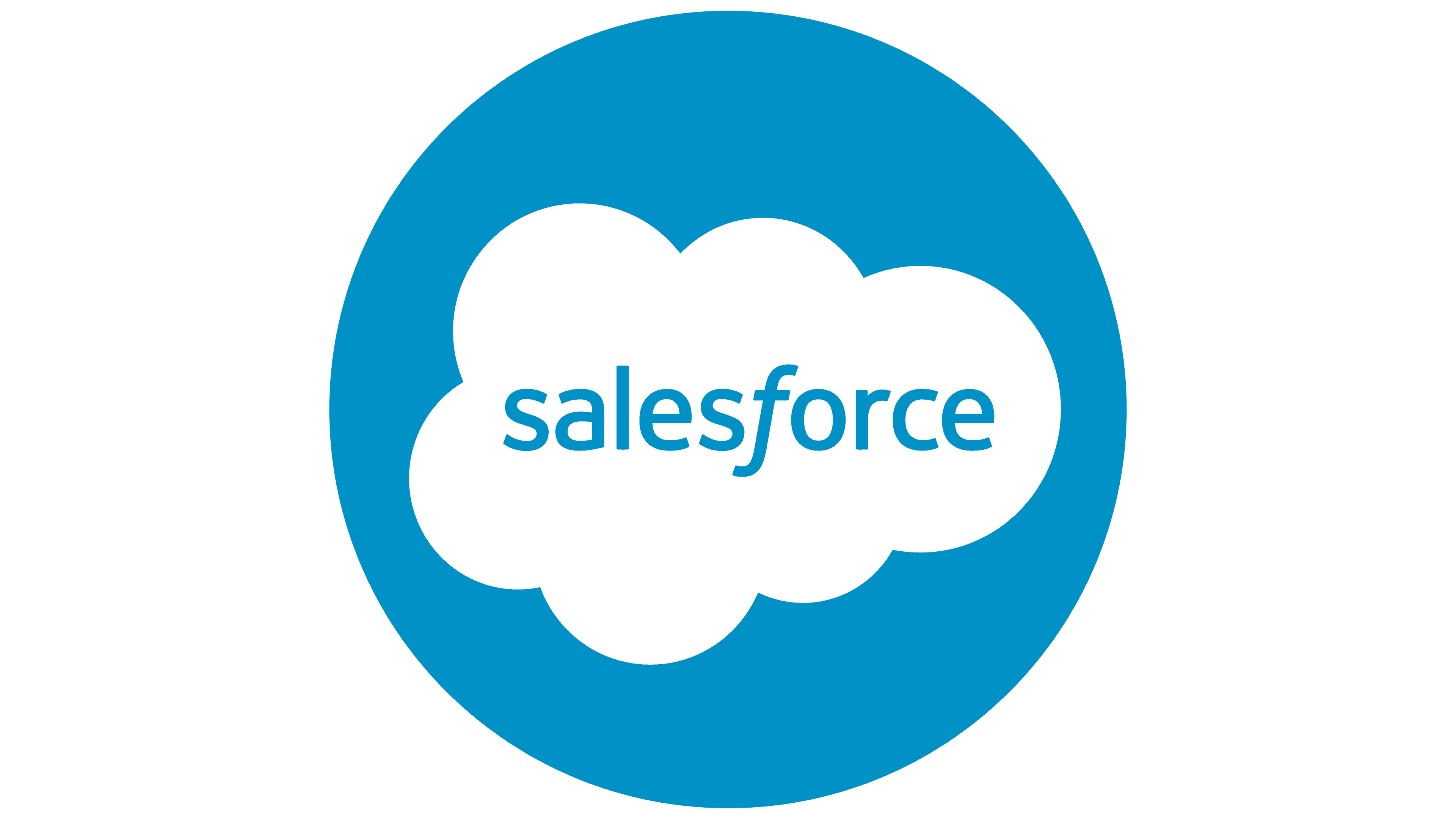

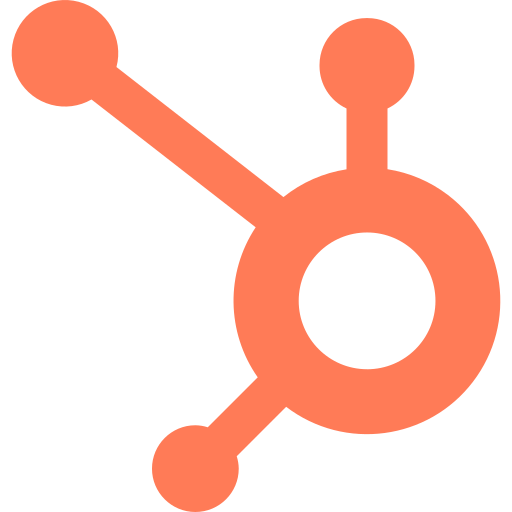
The Top 11 Benefits Of Customer Relationship Management (CRM) Are
- Strengthen and tailor the connections you have with your clients/customers
- Boost the performance and efficiency of your team
- Improve the visibility and structure of your data
- Optimize marketing and sales efforts with better targeting
- Optimize your customer service communication
- Increase revenue through streamlining processes
- Encourage collaboration in your organization
- Improve decision-making across your organization
- Enhance customer loyalty
- Improve data security
- Make your business easier to scale
1. Strengthen and tailor the connections you have with your clients/customers
Customers are the fuel of your business, and you’re able to better serve them by using a CRM to keep tabs on your communications with them and store vital information.
By accumulating customer details in one place, CRM systems allow businesses to easily keep tabs on their customers' information and respond to their needs in a timely, personalised manner.
The ability to add custom fields is extremely powerful. Any information you gather about your customers in your onboarding / sign up process can be stored in the customer's record. This means it can be later used at a later data in any communication you send.
For example, let's say you are a car valuation startup that is able to value any user's vehicle based on them providing a registration number. Once the user enters their reg on your website, you could then store that value on the customer's record and use it in an email to email them their valuation. You could then keep track of the valuation over time and email them with an update value every 3 months or so. This is the power of a CRM. Your customers feel they are being addressed personally, rather than sent a mass email.
Customers are more likely to be satisfied and remain loyal if they believe their needs are being addressed quickly and competently.
In general, when a business uses a CRM, customer loyalty and satisfaction go up because the business is better able to meet each specific customers wants and needs.
2. Boost the performance and efficiency of your team
The ability to streamline and automate procedures is a huge gain. The time and effort your team spend on sales and marketing efforts, customer support questions, and lead management can be dramatically reduced with a CRM.
For example, having a shared calendar for your team can be the difference between success and disaster. Instead of sending constant emails or texts to double check availability, many CRMs allow you to see everyone's upcoming commitments in one glance. This means no more worries about conflicts in scheduling or having to manually keep track of who is available and when. No longer will tracking busy schedules be an issue: your team will benefit from the convenience of streamlined planning!
Moreover, by collecting client information in one place, CRM systems promote improved data management. Teams can now more quickly access and analyse data, leading to smarter decisions and more accurate actions.
In general, a company's productivity and efficiency can gain from deploying a CRM system because doing so promotes fewer bottlenecks, more effective collaboration, better data management, and less stress. After all, better productivity leads to more money pouring in and more employees being hired.
3. Improve visibility and the structure of your customer's data
Instead of sifting through disparate databases, CRM systems centralize customer information so anyone can access and analyse it with ease.
Tags and custom fields are two common methods used to facilitate this sifting and filing of information. Using a CRM, anyone in your team with access can quickly and easily search for and filter customer data based on anything they want. For example, you can filter out all customers based in a certain location, or all customers that have placed more than 3 orders in the last 3 months. The sky is the limit, and there will be no more SQL queries!
If data management is core to your business, then we recommend taking a look at the following CRM systems:
- Salesforce: A comprehensive CRM system that offers a wide range of tools for data management, including data import and export, data cleaning, and data enrichment.
- Microsoft Dynamics 365: offers an impressive variety of data management options, including data integration, data quality, and data governance.
- Zoho CRM: A cloud-based CRM service with a wide selection of data management features, such as file import/export, data cleansing, and data enrichment.
- Freshworks CRM: Data import/export, data cleansing, and data enrichment are just a few of the many data management features available in Freshworks CRM.
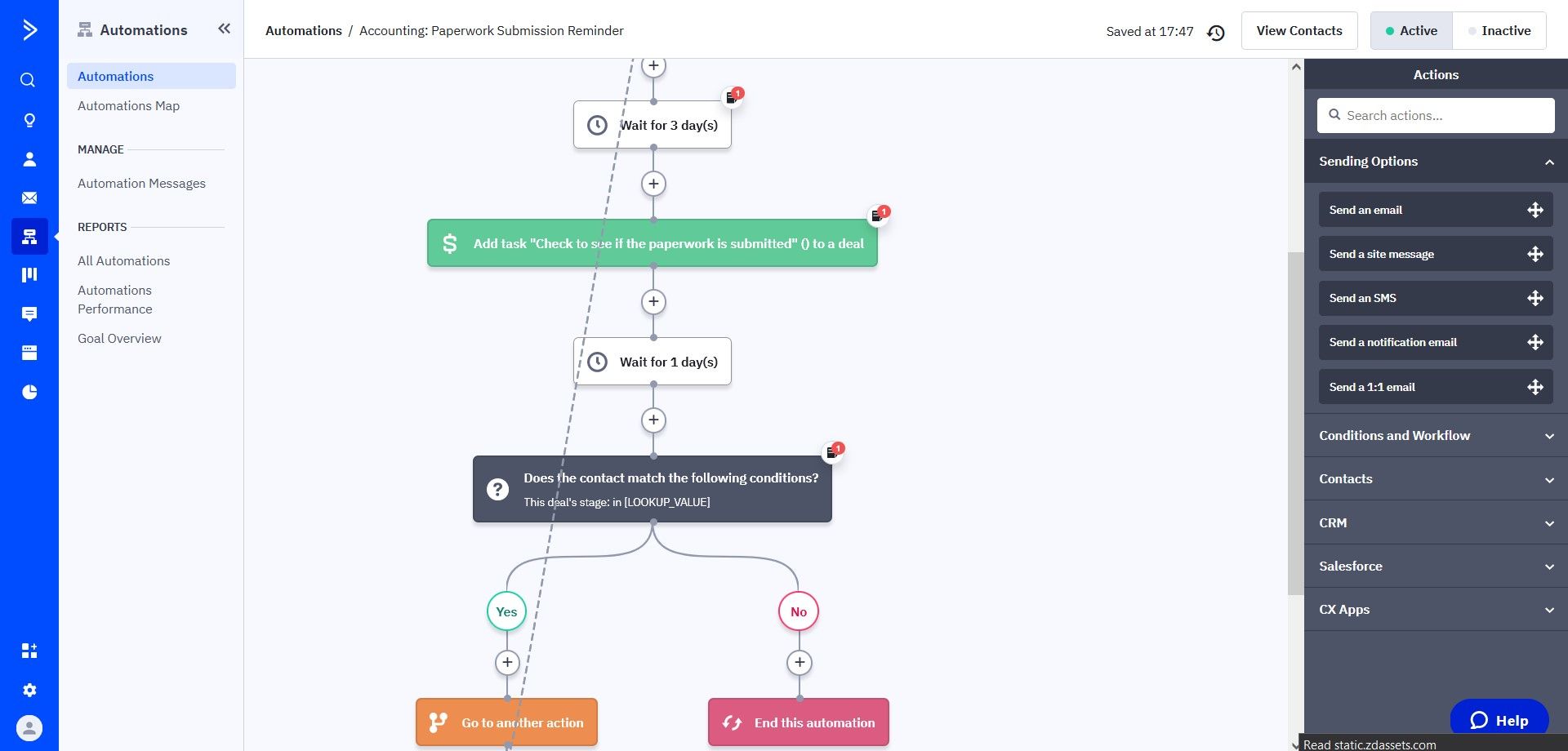

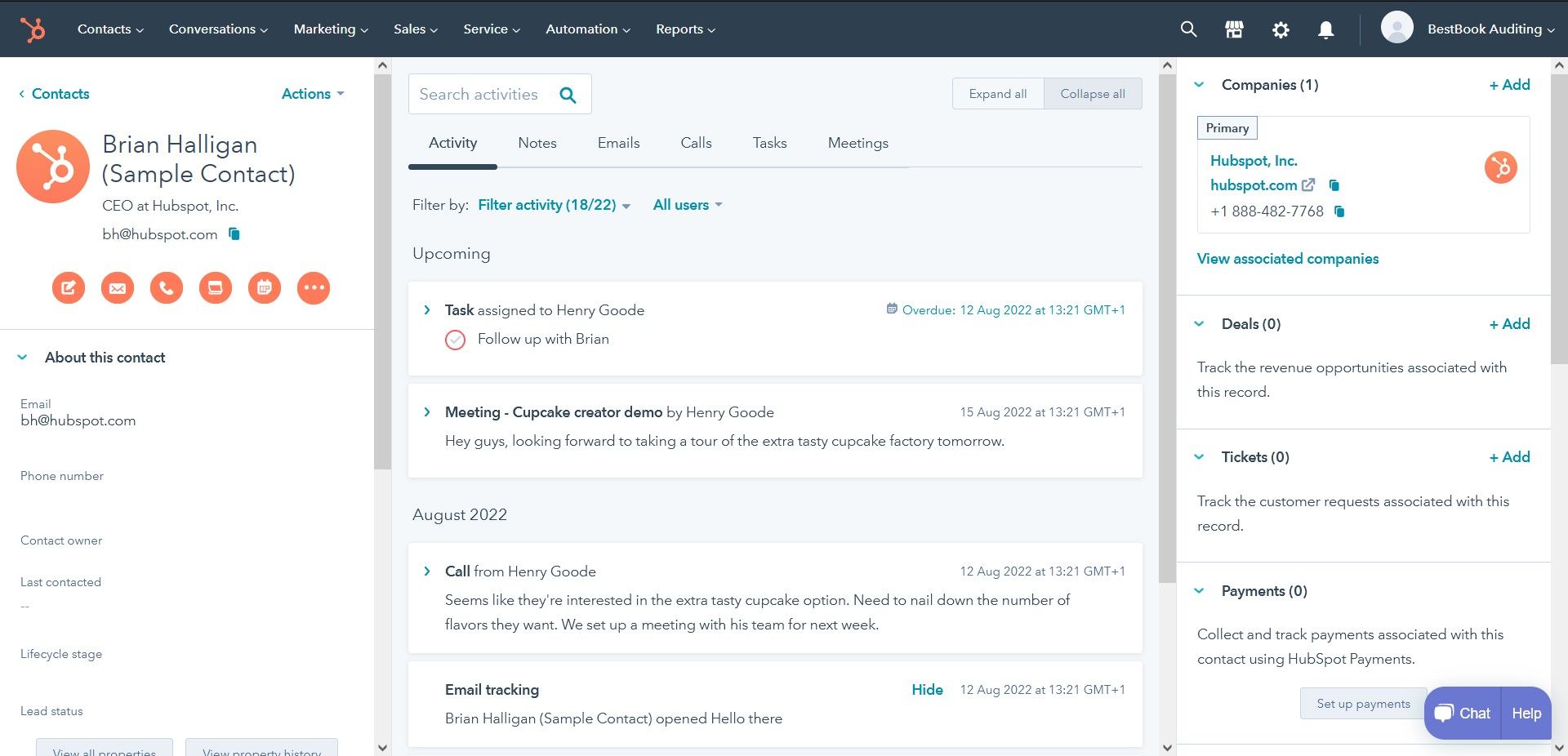
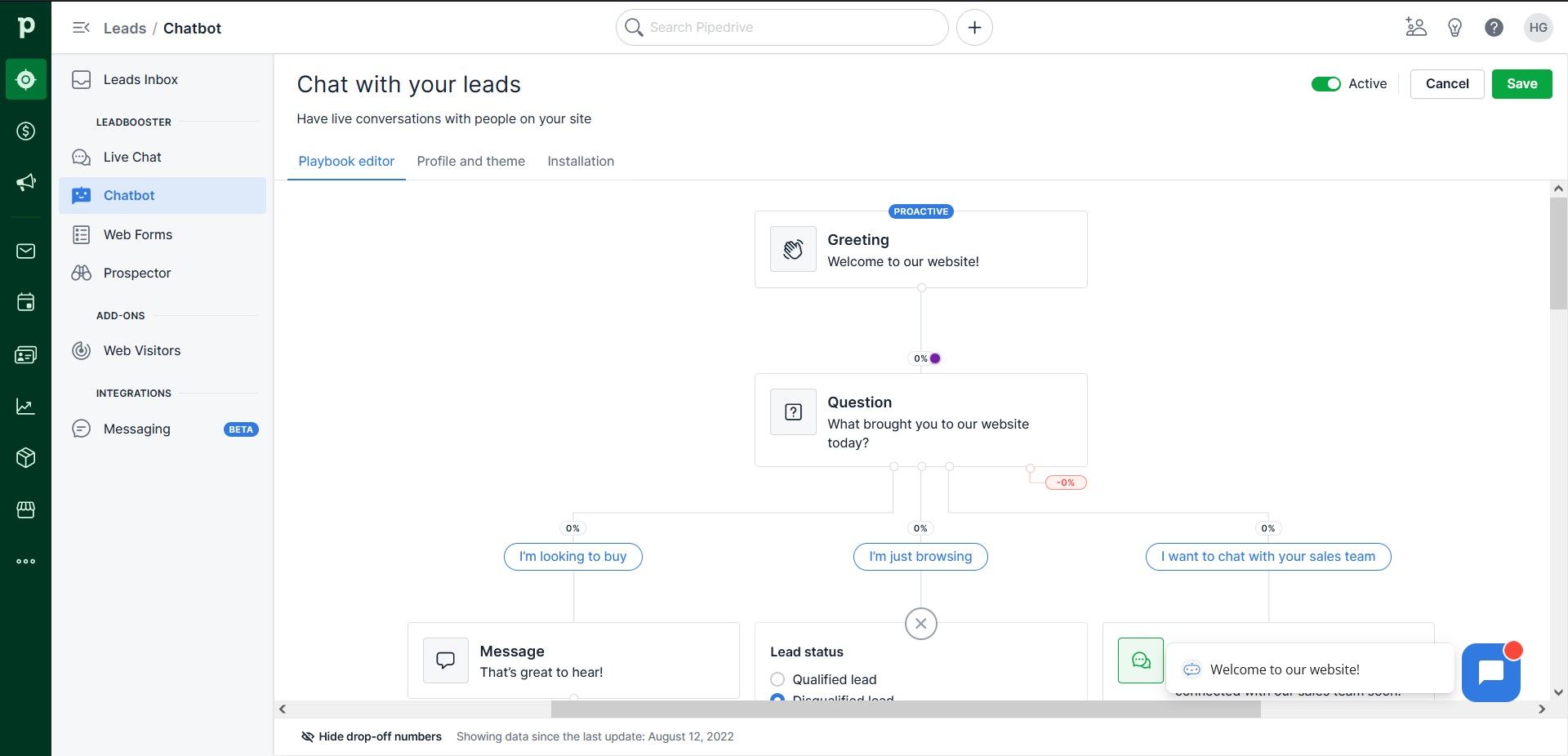
If data security is something you would like to improve, then CRMs can help here too. Many of them often come with encryption and user authentication to keep sensitive customer information safe and help businesses stay in line with privacy laws. By doing so, businesses have a better chance of gaining customers' trust and avoiding data breaches and other regulatory issues.
As a whole, a company's data management can benefit greatly from the implementation of a customer relationship management system, as it provides a centralized database, facilitates data organization, increases data accuracy, and strengthens data security. Ultimately, business growth and revenue are both influenced by how well a company manages its data.
4. Optimize marketing and sales efforts with better targeting
Right onto benefit number 4! Starting to realise why you need a CRM yet?
This one is a big one... Namely, there are numerous ways in which they can boost your marketing and sales efforts.
The fact that so much of your customers' data is stored in one place with a CRM, and is subsequently a lot easier to access, read, and understand, inevitably leads to smarter decisions being made by your teams. This inevitably leads to improved conversion rates and more successful campaigns, which will in turn boost revenue and propel expansion.
They also enable far more precise targeting of promotional initiatives. By analyzing customer data and tracking customer interactions to reveal patterns and trends you can send the right message at exactly the right time.
For example, if you are an e-commerce company you could quickly analyse a customer's buying frequency (how often they buy and how regularly) and aim to increase this through automated, targeted marketing. For example, if you sell coffee pods, you could work out when a customer is likely to need a top-up and send an email at exactly the optimal time, based on that data.
If you are a SaaS company, you could automate emails that go out exactly when a user's free trial is about to end.
In terms of sales, conversion rates can be optimized, as your teams will now be able to clearly see how every lead is progressing along your customised funnels and assisting with prioritizing follow-up actions. Team's can maximize every step of the sales process. From lead generation to post-sales follow-up and everything in between.
Overall, a CRM system can greatly improve marketing and sales efforts by helping businesses better personalize their outreach, narrow their marketing focus, manage their leads, predict future sales, and provide superior service to current and potential customers. I mean, come on! It's a no brainer...
5. Optimize your customer service communications
In order to provide better, more personalized service to customers, pretty much every company in 2023 is turning to CRM to help. To come back to our point on data (it's important): because all relevant customer data is in one place, it is far easier to track a customer's history and get a head start on whatever problem they may be facing.
Information like customer data like purchase history and communication logs are a click away. As a result, teams can better meet the unique needs of each customer while still meeting service goals.
Service quality is also improved by giving customers easy access to a built-in FAQ or knowledge base where agents can look up answers to frequently asked questions and share useful materials. The result is often a boost in customer satisfaction as teams are able to respond to inquiries from customers in a more timely and accurate manner.
CRM’s with chatbots and AI chatbots
Many CRMs will come with a Chatbot or live chat feature which provides an 'always on' support channel for your customers - a major perk for users. Customers can get help whenever they need it, day or night, which is especially helpful for companies with a global customer base or customers in different time zones.
Chatbots can be hit and miss and won't always give the right answers, but nowadays, with tools like Quickchat AI, you can train your own chatbot on your business, and over time it will become extremely good at answering questions.
In short, chatbots can perform mundane tasks pretty well, such as responding to frequently asked questions or providing product details.
To summarize, CRM systems can optimize your company's customer services by facilitating knowledge management and case management, as well as enhancing communication with customers. Your business will be able to offer faster, more personalized responses to customer service requests, which in turn will boost customer satisfaction and loyalty.
6. Encourage collaboration in your organization
This one is short but sweet.
CRMs guarantee that every team has access to the most recent customer data, allowing for better decisions and more precise actions to be taken. Processes can be automated, which is a huge boon to team collaboration and productivity.
When your team uses a CRM, it becomes simpler to identify opportunities where collaboration between departments could be used to increase customer satisfaction. With the ability to track and comment on changes made by other users within a CRM system, it is easier for team members to communicate ideas and actively collaborate. Ultimately, when utilized properly, CRMs provide valuable tools that help transform your organization into an efficient powerhouse of creativity and collaboration!
7. Improve decision-making across your organization
By their very nature, these systems are designed to give businesses an unprecedented level of insight into customer preferences and behavior. By consolidating all of this valuable data into a single efficient platform, CRM solutions can provide organizations with the tools they need to make informed decisions that will ultimately lead to greater success in terms of both sales and customer satisfaction.
What's more, these solutions offer insight beyond customers as managers can use them for managing inventory, staying organized and improving workflow planning across departments. Leveraging a robust CRM solution is an excellent way for companies to ensure that their decision-making is powered by accurate data and an up-to-date understanding of the current landscape - one surefire method of keeping your organization ahead of the competition.
8. Enhance customer loyalty/retention
Retention and customer loyalty is vital for any modern business, in fact, there's an argument to say that it's more important even than the acquisition of new customers. CRM is vital for this, and with my work at Honest Growth, I have personally seen it contribute up to a 1/3rd additional revenue, just by keeping in touch and following up with old customers that perhaps didn't transact in the past.
By storing all relevant information about customers in one place, CRMs can help you learn more about your clients and provide superior service, both of which will help your teams identify strengths, weaknesses and opportunities that may help to increase customer loyalty.
Teams can also gain a better understanding of customers' buying frequencies, preferences and attitudes and can subsequently craft their marketing campaigns in ways that better relate to the individual experiences of customers. For example, you could create dynamic newsletters and email flows tailored with personal touches like their birthdate or anniversary will make customers feel special and therefore more likely to stay loyal to a brand.
9. Improve data security
In order to protect customer information and remain in compliance with privacy laws, many CRM systems include advanced security measures.
By encrypting customer data, implementing access controls, auditing and reporting on access to customer data, and backing up and recovering data you can be sure your data is safe.
While encryption safeguards customer information during transmission and storage, access controls let businesses limit access to sensitive information only by authorized personnel. It is important for businesses to keep tabs on who has access to sensitive customer information, and features like auditing and reporting help them do just that.
Protection against data loss due to system failures or other issues is guaranteed by data backup and recovery functions, which keep customer data readily available and safe at all times.
10. Increase potential for scalability with automation
By automating and streamlining customer-facing processes, improving data management and analysis, enabling collaboration and customization, and generally making life easier for everyone involved, CRMs help businesses of all sizes to scale and grow.
Using CRM will feel like giving each of your teams a robot that will take away all of their tedious tasks! It can manage emails, track and assign tasks, follow up leads, keep track of customer interactions and funnel contacts into the sales cycle. Gone are the days of tedious data entry for your sales staff - you give the CRM what it needs to know, and then it takes over; freeing up your sales team to focus their efforts on more productive tasks.
Areas like lead management, sales forecasting, and customer service are just a few examples of the many customer-facing processes that can benefit from automation features. Not only does automation ensure no customer is overlooked but it also frees up resources usually consumed by manual operations that can be put towards finding new customers or the development of other parts of the business.
Conclusion
Whether your company is small, medium or large, it is in no doubt that it can benefit from a customer relationship management system's capacity to streamline customer-facing processes and enhance communication with customers.
In 2023, CRM technology will no longer be a "nice to have" for your businesses; it is essential for its success. With an increasingly competitive landscape that businesses of all sizes must face, CRM tools are essential in giving you the edge.
As we have outlined in this article, they help with a number of business critical areas and will increase productivity and efficiency within your business at little cost. It's become almost impossible to run a thriving business in this new decade without investing in quality CRM software – your customers demand it!

Meet the author
Sam Cassman is a seasoned growth marketer with over 10 years of experience as growth marketer for startups and small businesses. He is the founder of Toksta, a research technology company that helps businesses find and purchase the best software and SaaS. Sam has also run his own growth marketing consultancy Honest Growth, where he helped numerous clients to grow their businesses, including Eventcube, Baluu, Obby, and NBM Group.



